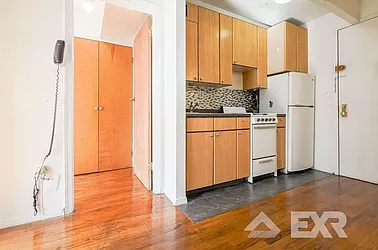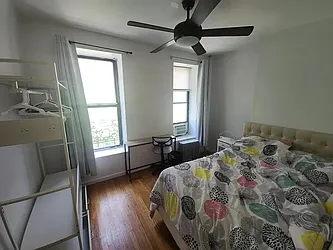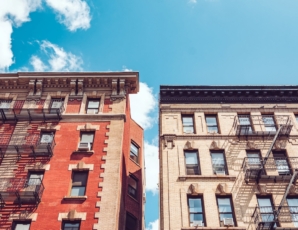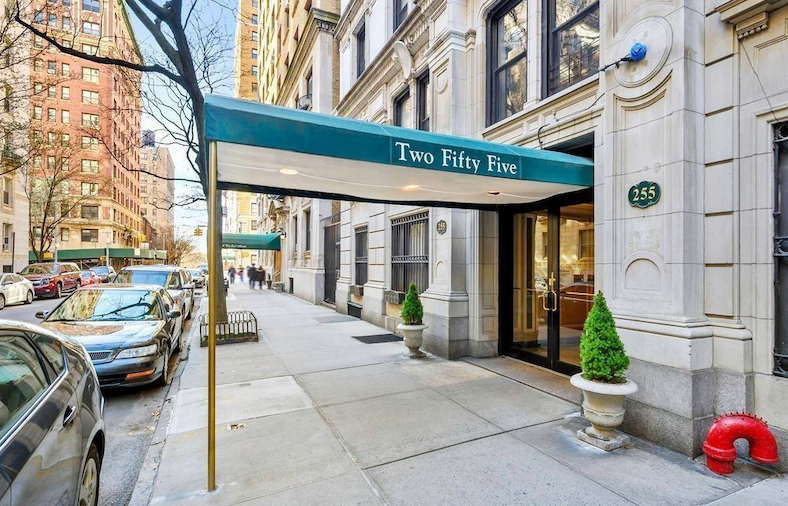
Question: Kindly advise if it is a good or bad decision for my wife and me to own an apartment in New York City. We are retiring in NYC and don’t know whether to own or rent.
— Bound for New York
Dear Bound:
As long-time readers know, I’m a big fan of retiring and renting in New York.
Now, a year and a half into the new tax law, I’m doubling down. Any retiree on this side of the Top 1% wealth bar should consider renting in New York City rather than buying. The new law severely limits the federal tax deduction for state and local taxes (SALT) while greatly increasing the standard deduction. It makes buying much, much less attractive for retirees.
Let’s say you and your wife have sold your home and have $750,000 in cash. You have a combined Social Security income of $70,000 and another $90,000 in income from your retirement accounts.
You’re planning to spend all of your cash for a 2-bedroom unit in a doorman building with monthly maintenance under $2,000. (I found 72 places throughout the city on the day I looked.)
First, your SALT taxes fall well below the new tax law’s $24,000 standard deduction, so you have no deductions to speak of. You might even end up filing a 1040 EZ for the first time since you were in your 20s.
But here’s a catch. Yes, you own your apartment outright, but you’re paying a lot more for it than you think. That $750,000 you’ve set aside for your new place could instead be invested in a tax-free municipal bond fund making you about $3,000 a month. Factoring in that lost income, buying your new apartment with all cash is actually costing you $5,000 a month.
So what could you rent for that? As the song goes, I’ll take Manhattan….
Manhattan 2BRs With Doormen Under $3,500 Article continues below
More to the point, however, if you are retiring in NYC, you can rent a very nice 2-bedroom apartment in a doorman building for a lot less than $5,000. At this writing, I found 109 apartments throughout the city between $3,000 and $3,500.
So take a look at the spreadsheet below. Renting nets you $22,500 more spending money a year. That’s plenty enough to enjoy some splurges through the year and still get away for the winter here, here or even here.
| Buy With Cash | Rent | Buy With Mortgage (80%) | |
| INCOME | |||
| Social Security | $70,000 | $70,000 | $70,000 |
| Retirement Accounts | $90,000 | $90,000 | $90,000 |
| Tax-free bond funds | $0 | $37,500 | $30,000 |
| TOTAL INCOME | $160,000 | $197,500 | $190,000 |
| EXPENSES | |||
| Apartment rent | $0 | -$42,000 | $0 |
| Co-op maintenance | -24,000 | $0 | -$24,000 |
| Mortgage payments | $0 | $0 | -$36,000 |
| Federal income taxes | -$19,000 | -$19,000 | -$13,000 |
| State/city income taxes | -$4,000 | -$4,000 | -$3,000 |
| Utilities | -$3,000 | -$3,000 | -$3,000 |
| Healthcare/insurance | -$8,000 | -$8,000 | -$8,000 |
| Transportation | -$12,000 | -$12,000 | -$12,000 |
| Groceries | -$12,000 | -$12,000 | -$12,000 |
| TOTAL EXPENSES | -$82,000 | -$100,000 | -$111,000 |
| DISPOSABLE INCOME | $78,000 | $97,000 | $79,000 |
Footnote: I added a column of what happens if you borrow to buy your apartment. Interest payments on mortgages of $750,000 or less are still deductible. If you put 20% down on a $750,000 apartment, you’ll lose about $7,500 of income and pay about $27,000 in mortgage interest the first year (total payments about $36,000), which will be worth a deduction on your federal taxes of around $6,000.
David Crook is a veteran journalist and author of The Complete Wall Street Journal Real-Estate Investing and Homeowner’s Guidebooks. Do you have a question about anything real estate-related in NYC? Write him at askus@streeteasy.com. For verification purposes, please include your name and a phone number; neither will be published. Note: Nothing in this column should be considered professional legal advice. If you have a legal issue, consult an attorney.
—
Inspired to find your next place in New York? Whether you’re looking to rent or to buy, search NYC apartments on StreetEasy.










